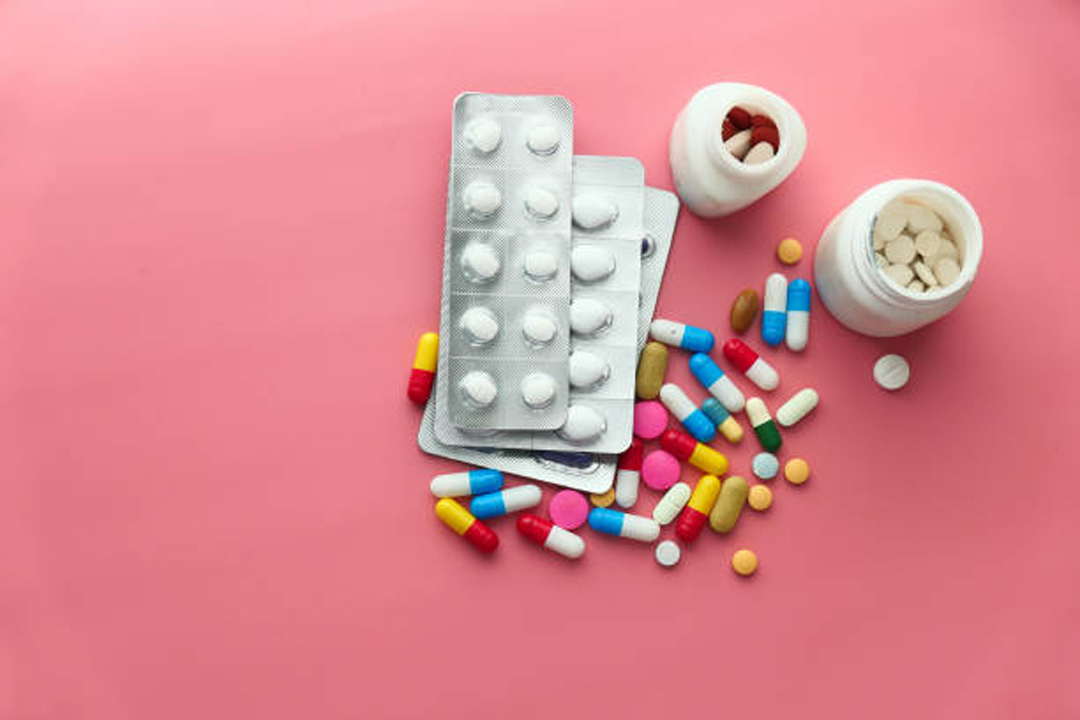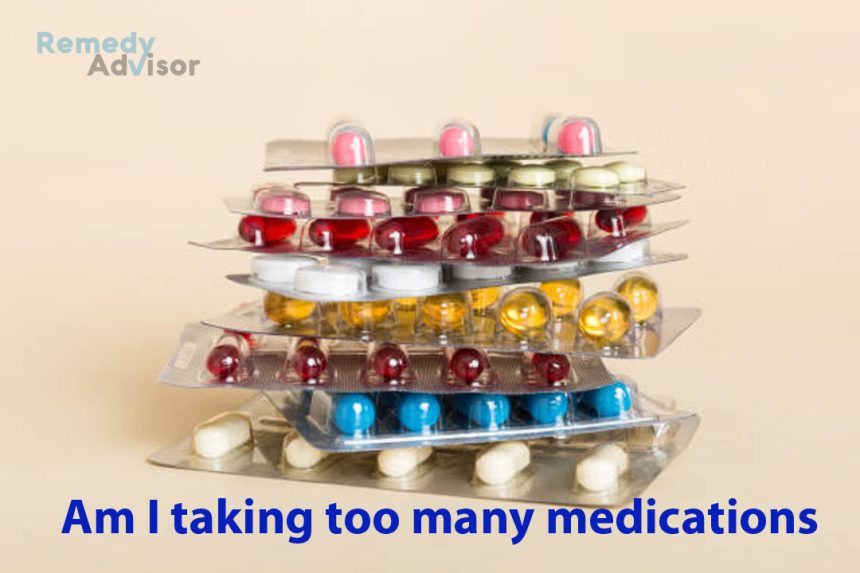With our national pharmacy bill now topping $200 billion each year, and recent disclosures about harmful and ineffective drugs, more people are asking: Are all those pills really necessary?
To learn more, we talked with John Abramson, MD, a Harvard Medical School clinical instructor who is widely recognized for his in-depth research of the drug industry…
• Are most Americans overmedicated?
They sure are. Americans take many drugs unnecessarily, and when drugs are needed, people often take the wrong ones. For example, before rofecoxib (Vioxx) was withdrawn from the market because it was found to cause heart attacks and strokes (and was discovered to provide no better relief of arthritis symptoms than older, much less expensive anti-inflammatory drugs), about 80% of the Vioxx that was prescribed worldwide was used in the US.
• Are doctors to blame?
The vast majority of physicians prescribe medication because they think it’s in their patients’ best interest. But there have been radical changes in the way that our medical knowledge is provided. Prior to 1980, most clinical research was publicly funded, but now most is funded directly by the drug and other medical industries, whose primary mission is to maximize the return on investments for investors.
Ninety percent of clinical trials now are commercially funded as well as 75% of published clinical research. When a pharmaceutical company sponsors a study, the odds are five times greater that the findings will favor its product.
Drug and medical industries fund 70% of continuing education lectures and seminars, which are among the activities that doctors are required to attend to maintain their licenses to practice. Wherever doctors turn for sources of information, drug companies dominate.
• Who should be monitoring doctors’ relationships with drug companies?
The real failure is on the part of government agencies, such as the US Food and Drug Administration (FDA) and the Agency for Healthcare Research and Quality. Medical journals and academic re¬ searchers have become dependent on drug company money and/or are vulnerable to Drug Company lobbying. Doctors and the public still trust these institutions to independently oversee the integrity of the medical knowledge that informs our medical care, when they simply are not able to do this anymore.
• We all know that cholesterol-lowering statins are widely prescribed. Are they unnecessary?
Despite being on the market for 18 years and becoming the best-selling class of drugs, statins have never been shown in randomized, controlled trials to provide a significant health benefit when used by women of any age without heart disease or diabetes. The same is true for men over age 65 without heart disease or diabetes. Even so, millions of people in both groups now are taking a statin drug.
• Is it ever advisable to take a statin?
Yes, there is good evidence that statins are beneficial for people who already have heart disease and for at least some people who have diabetes. A good case also can be made for men who are at very high risk for heart disease (LDL “bad” cholesterol approaching 200 and other risk factors).
• What other drugs do you think are being prescribed because of drug company influence?
Anti-hypertensive drugs used to treat high blood pressure are good examples. Newer medications, such as calcium channel blockers and angiotensin converting enzyme (ACE) inhibitors, are among the most popular. One of them, amlodipine (Norvasc), was the second most commonly prescribed drug for older adults in 2003. But a study funded by the National Heart, Lung and Blood Institute found that diuretics, which have been around for decades, are as good as or better than Norvasc in protecting against complications of hypertension, such as heart attack and stroke. A diuretic might cost $29 per year, compared with $549 to $749 for Norvasc, depending on the dose. The patents for diuretics expired decades ago, so drug companies don’t profit much from them.

• Should everyone who has high blood pressure just take a diuretic?
High blood pressure is a complex problem. Some people respond to one drug, some to another, and some need more than one. It would make sense, though, to start with a diuretic, and use expensive drugs such as Norvasc only when other alternatives haven’t worked.
• Are natural therapies a better alternative to some drugs?
If you look at the data rather than listen to the drug ads, you see that natural alternatives, such as improved diet and routine exercise, often are far more effective than drugs at achieving real health improvements, such as less heart disease and longer life.
Probably the most important test of a healthy diet’s effect on heart disease is the Lyon Diet Heart Study conducted in Lyon, France. Heart attack patients were randomly counseled to eat a Mediterranean diet (high in unprocessed grains, fruits, vegetables and olive oil very low in red meat, dairy fat and cholesterol) or a “prudent” post-heart attack diet (no more than 30% of calories from total fat and no more than 10% from saturated fat).
The people counseled to eat the Mediterranean diet developed 72% less heart disease than those in the prudent diet group over the next four years. There were 56% fewer deaths in the group counseled to eat the Mediterranean diet that’s two to three times the benefit achieved with statin drugs.
The same holds true for exercise. A study conducted at the Cooper Institute for Aerobics Research in Dallas followed 25,000 men who had undergone physical exams. Over the next 10 years, the men whose exercise endurance (as measured on a treadmill) was in the lowest 20% of the group were at a much higher risk of dying than those with high total cholesterol levels (above 240) confirming that exercise is even more important than cholesterol control.
• But many patients prefer pills because they’re easier.
There is no question that many of us would rather take a pill than change our lifestyle. If the pills worked, it would simply be a question of how we want to spend our money. The problem is that the pills often are closer to folk medicine empowered by our cultural beliefs but without a genuine scientific basis. About two-thirds of our health is determined by the way we live our lives, and for better or worse no pills can change that.
• What’s the solution?
Most doctors don’t invest much time or energy helping patients to make healthy changes in diet and exercise or teaching stress reduction. If you are willing to consider these approaches before trying drug treatment, tell your doctor.
When medication is necessary, ask your doctor if a generic drug is just as effective as the expensive brand-name product. Remember, drug ads that tell you to “ask your doctor” about a particular drug have a single purpose to sell more drugs, not to improve your health.
Prescription drug ads have become a normal part of our cultural landscape, but the US and New Zealand (with less than 4 million people) is the only two industrialized countries that allow them. The rest of the industrialized countries feel that assessment of the scientific information about prescription drug treatment should be left to doctors, who should work in a partnership with each patient to determine optimal medical care based on his/her individual situation.







